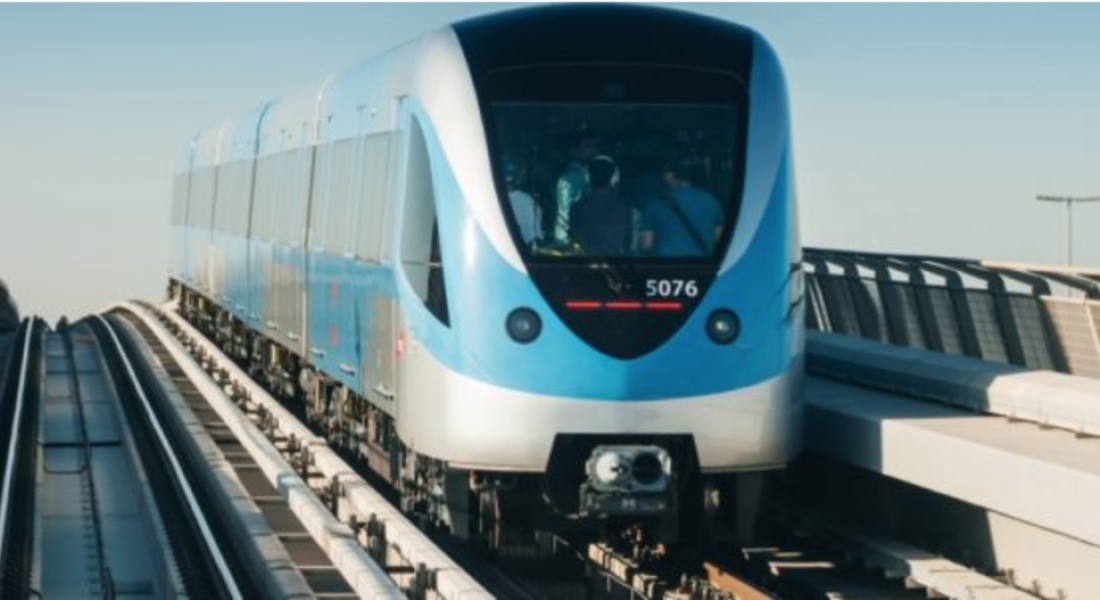Case Study

Our client was awarded the contract to provide high voltage power supply to one of the largest single infrastructure investments in the UK, a new cross city railway. They needed a reliable partner to supply the DC systems for rail approved switch gear protection systems for the substations feeding power to the rail network.
Dale provided a range of RCV type equipment with different ratings to suit the requirements of the sub stations. Some were based on CV type chargers, others DCV. All products were PADS approved (Product Approved for Network Rail) products and were therefore ideal for this project. Five different systems were produced for five sub stations along with 2 chargers.
This complex project relied on extensive and detailed paperwork with a set of mandatory systems and procedures including prescriptive version control, thorough inspection and test plans, and submission and receipt of documentation via an Aconex portal. Our client had specific ITPs (Inspection & Test Plans) and regular progress reports were produced, meetings held, and Factory Acceptance Tests built into the schedule.
Coordinating deliveries into London demanded strict adherence to project schedules. Deliveries to the substations were staggered over an 18-month period to accommodate the client’s work plan. Chargers were sent to the container manufacturer for off-site construction whilst batteries were sent direct to site. Fleet Operator Recognition Scheme (FORS) accredited transportation was used to ensure best practice in safety, efficiency, and environmental protection whilst also importantly ensuring the products arrived on site on time.
Most substations are unmanned, so in order to get the best from their chargers Dale developed a maintenance schedule and an equipment familiarisation training course for the end client’s engineers to enable them to carry out basic fault finding. If needed, Dale's engineers support them with more in-depth information over the phone.
Dale offers training to all clients, either at Dale or on the client’s site. It was more appropriate for the end client’s engineers to have on-site training. The end client team had classroom training followed by training on site at two substations. The size of the team meant that they had to be split into two training groups
PADS approved (Product Approved for Network Rail) switch gear protection systems
Rail approved battery chargers for telecoms were designed, built, tested, delivered and commissioned
Complex, large scale project delivered on time
Customised training programme delivered in the classroom and at the substations enabling end client’s engineers are able to carry out basic maintenance on the equipment